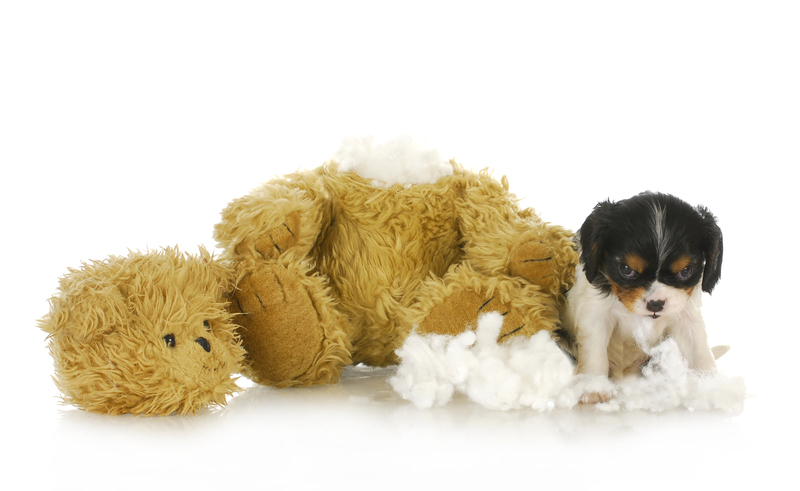Don't Make These Basic Recycling Errors
Posted on 19/12/2024
Recycling is an essential practice for reducing waste and preserving our environment. However, many people unknowingly commit common recycling mistakes that can negate the positive impacts. By understanding and avoiding these errors, we can all contribute to a healthier planet. Here are some basic recycling errors you should avoid.
1. Not Rinsing Containers
One of the most common mistakes is failing to rinse food and beverage containers before recycling them. Contaminated items can spoil an entire batch of recyclables, making them unusable. Always rinse out any residues to ensure the materials can be effectively processed.

2. Recycling Plastic Bags
Plastic bags are a big no-no in most curbside recycling programs. They can jam sorting machinery and cause significant delays. Instead, recycle plastic bags at designated drop-off locations often found in grocery stores.
3. Mixing Non-Recyclables with Recyclables
Items like styrofoam, greasy pizza boxes, and certain types of plastics aren't recyclable in most local programs. Mixing these with recyclables contaminates the entire bin, frequently leading to more waste. Always verify what your local facility accepts.
4. Ignoring the Rules of Compostable Plastics
Compostable plastics need special conditions to break down and are usually not suitable for standard recycling bins. They should either be composted in designated facilities or disposed of according to local guidelines.
5. Overlooking the Importance of Sorting
While many curbside programs have streamlined sorting processes, it's crucial to follow the instructions provided by your local facility. Properly separating paper, plastics, and glass can significantly increase recycling efficiency.
6. Forgetting Electronic Waste
Electronic waste like old cell phones, batteries, and cables require special handling and cannot be placed in curbside bins. Many communities offer electronic recycling events or drop-off locations, so take advantage of these services.
Pros and Cons of Recycling
Pros
- Environmental Benefits: Reduces landfill waste and conserves natural resources.
- Energy Conservation: Uses less energy compared to producing new materials from scratch.
- Economic Benefits: Creates jobs in the recycling and manufacturing industries.
- Reduces Pollution: Decreases harmful emissions from waste disposal and manufacturing processes.
Cons
- Contamination Risks: Improper sorting can render materials non-recyclable.
- Cost: Recycling processes can often be more expensive than landfill disposal.
- Limited Accessibility: Not all areas have comprehensive recycling programs.
- Complexity: Different materials require different methods, which can be confusing.
Tips for Effective Recycling
- Always rinse and clean food containers before recycling.
- Check local guidelines to know what can and cannot be recycled.
- Take plastic bags to designated drop-offs rather than placing them in curbside bins.
- Separate materials appropriately based on local sorting rules.
- Stay informed about electronic waste recycling opportunities in your area.

Takeaways
- Proper recycling practices are critical for environmental conservation.
- Small errors, like failing to rinse containers or improperly sorting items, can have significant impacts.
- Understanding local guidelines and staying informed are crucial for effective recycling.
Conclusion
Recycling is a simple yet powerful way to protect the environment, but avoiding basic recycling errors is crucial. By following the tips and guidelines discussed, you can ensure that your recycling efforts are effective and beneficial. Remember always to check your local recycling rules and stay informed to contribute positively to our planet's health.
Latest Posts
Planet-Friendly Disposal Strategies
House Waste Removal Made Easy: Top 5 Tools
Hard Rubbish: Identification & Disposal Tips





